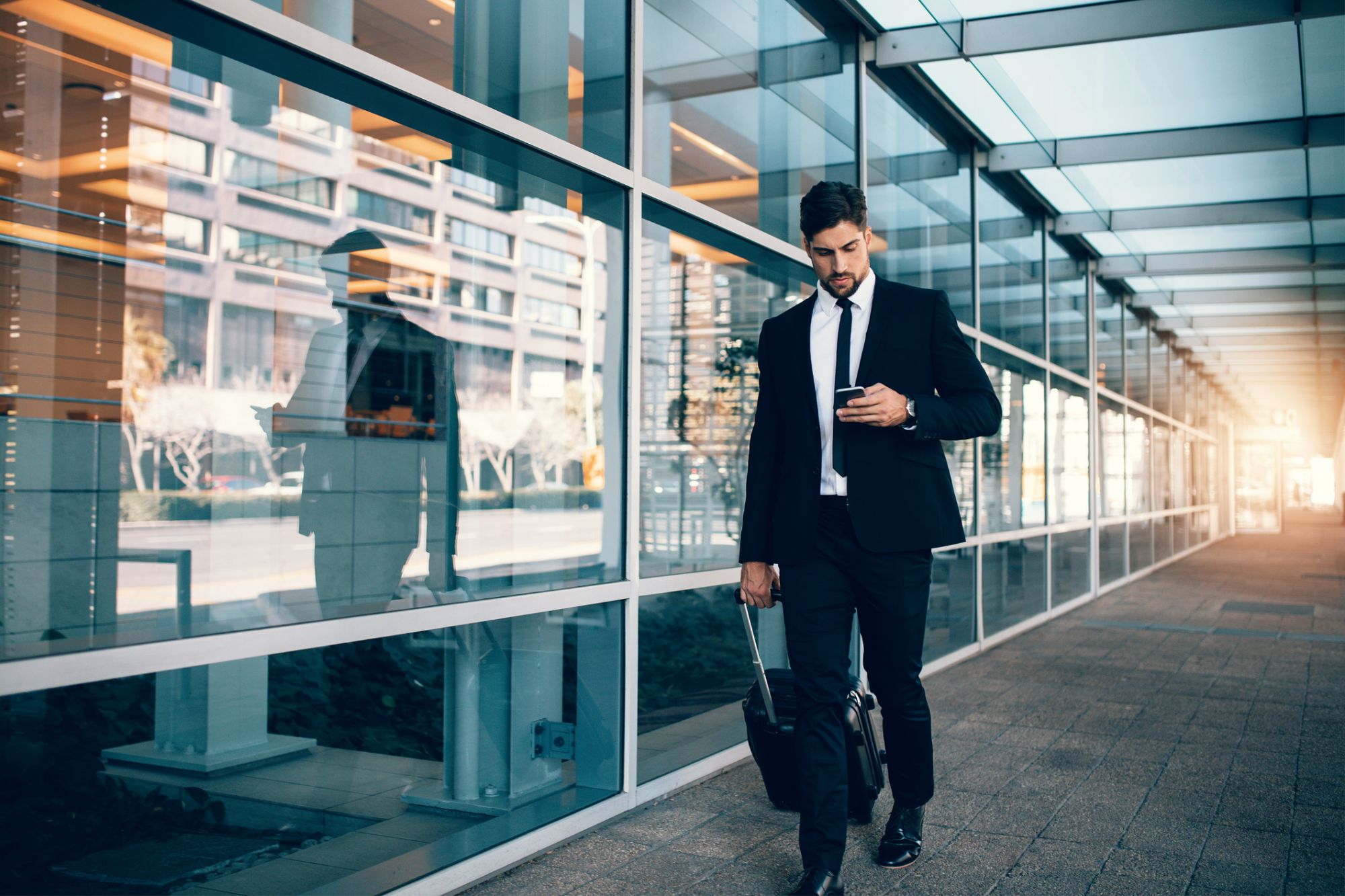
04 May 8 Ways COVID-19 Will Likely Change Business Travel
It’s no secret that the travel industry has taken a big hit due to the coronavirus pandemic. Though there are things we can do now that business travel is on hold, we don’t know when we’ll be able to travel as normal again. And while both business and leisure travel (and bleisure travel) will likely be restored at some point in the future, there are some aspects of travel that may be permanently changed. As many people adjust to working remotely, we will also have to adjust to business travel changes. While most of us are unable to travel at the moment, here are a few changes one might expect to find once travel begins to open up again.
Less business travel overall and more digital meetings
Business travel can be costly, especially if you have to book last-minute travel. As more businesses are successfully working and hosting conferences from home, It reasonable to assume that a digital approach will become the norm. It’s cheaper, saves time, and puts less risk and pressure on people. People may not feel as confident to travel, on a long-haul flight. Digital conferences are cheaper to manage and can still be successful.
Immunity passports and other screenings
Airlines might ask to see an immunity passport, which would be a document that shows you’ve had and recovered from Covid-19. However, there are potential risks to this, including forgeries and people intentionally getting the virus so they can get out of lockdown. Additionally, we don’t know enough about people getting infected a second time. Chile is the only country (so far) that has implemented these passports, even though the WHO warns against it. Another possibility is screenings for coronavirus before boarding a flight. Emirates Airlines is the first airline to start conducting on-site testing for passengers, with results available within ten minutes. If a passenger has it, they are not allowed on the flight. Etihad Airways has begun testing kiosks in Abu Dhabi airport check-in stations that measure temperature as well as heart and respiratory rates. If the machine detects illness, the system alerts staff.
Amended services and new rules
On airlines themselves, expect to see magazines removed from seat pockets and alterations to food and beverage services offered on flights, which many airlines have already implemented, as well as new safety procedures. For instance, Emirates requires everyone to wear masks throughout the flight, as well as through the boarding process. Carry-on luggage is prohibited, with only small hand luggage like purses and laptop bags allowed. JetBlue has also announced a facemask requirement for passengers during check-in, boarding, inflight, and deplaning. American Airlines will start requiring flight attendants to wear masks. Some airlines, like Delta, are blocking the middle seat from being booked to help keep with social distancing. We may also see changes to the way we queue to board by staggering boarding times or putting down markers so people don’t bunch.
More transparency about sanitary practices
To build confidence, airports and airlines must continue to implement sanitary precautions to help protect both employees and travelers. We’ll likely see more hand sanitation stations around airports (Heathrow Airport now has over 600 stations). We may also see longer wait times to board as planes are cleaned.
Prices may go up to make up for lost revenue
Although several airlines are participating in a $25 billion bailout, prices may still be high once travel opens up again due to less airlines, flights, and routes. There might be more mergers and fewer choices, meaning costlier flights. Plus, we suppose many travelers will find those extra fees some airlines and hotels impose to be even more irritating, especially if those airlines participated in the bailout.
Airline routes canceled
Some airline routes, particularly with smaller airports or routes with less demand, may not return. Additionally, some airlines may not make it through the pandemic, like the recent bankruptcy announcement from Virgin Australia. Also, some small hotels and travel agencies may not reopen. Even travel sites like TripAdvisor are reducing their workforce.
More automation at hotels and airports
We have already seen more airports implementing self-service technology. We will likely continue to see more automation and less contact with employees, including robots disinfecting areas.
Flight schedule alterations
We may see a change in flight schedules to give time for sanitation. It also will help to lessen traffic inside the airport, including at check-in stations, security checkpoints, and in terminals. Still, you may want to clean your area as an extra precaution.
While we don’t know when we’ll be able to travel safely, we can expect that when we do travel, there will be extra care taken to keep everyone safe. When traveling, book on a travel credit card for protection. Until then, we can keep working to flatten the curve.
